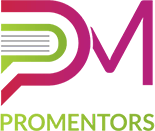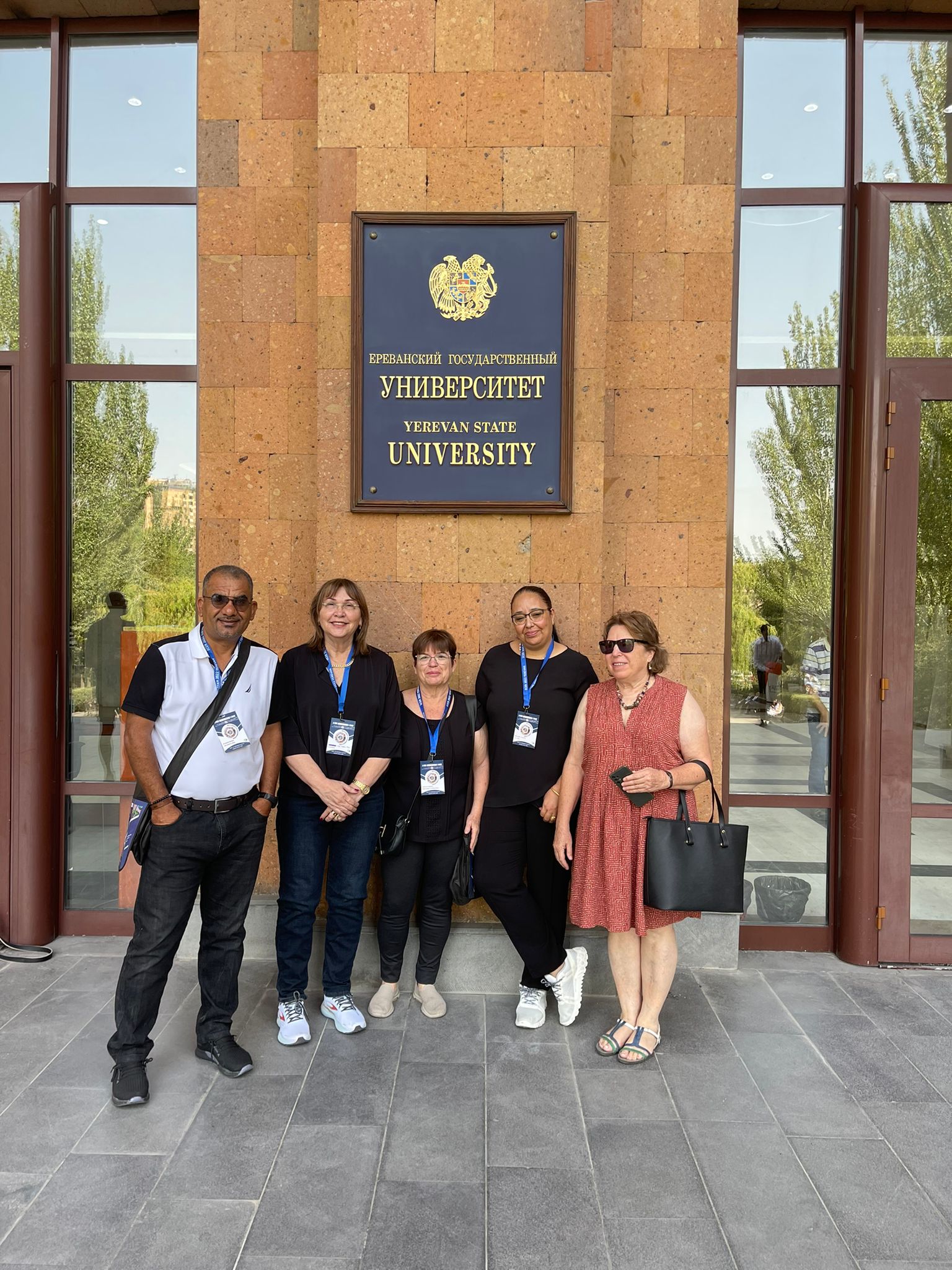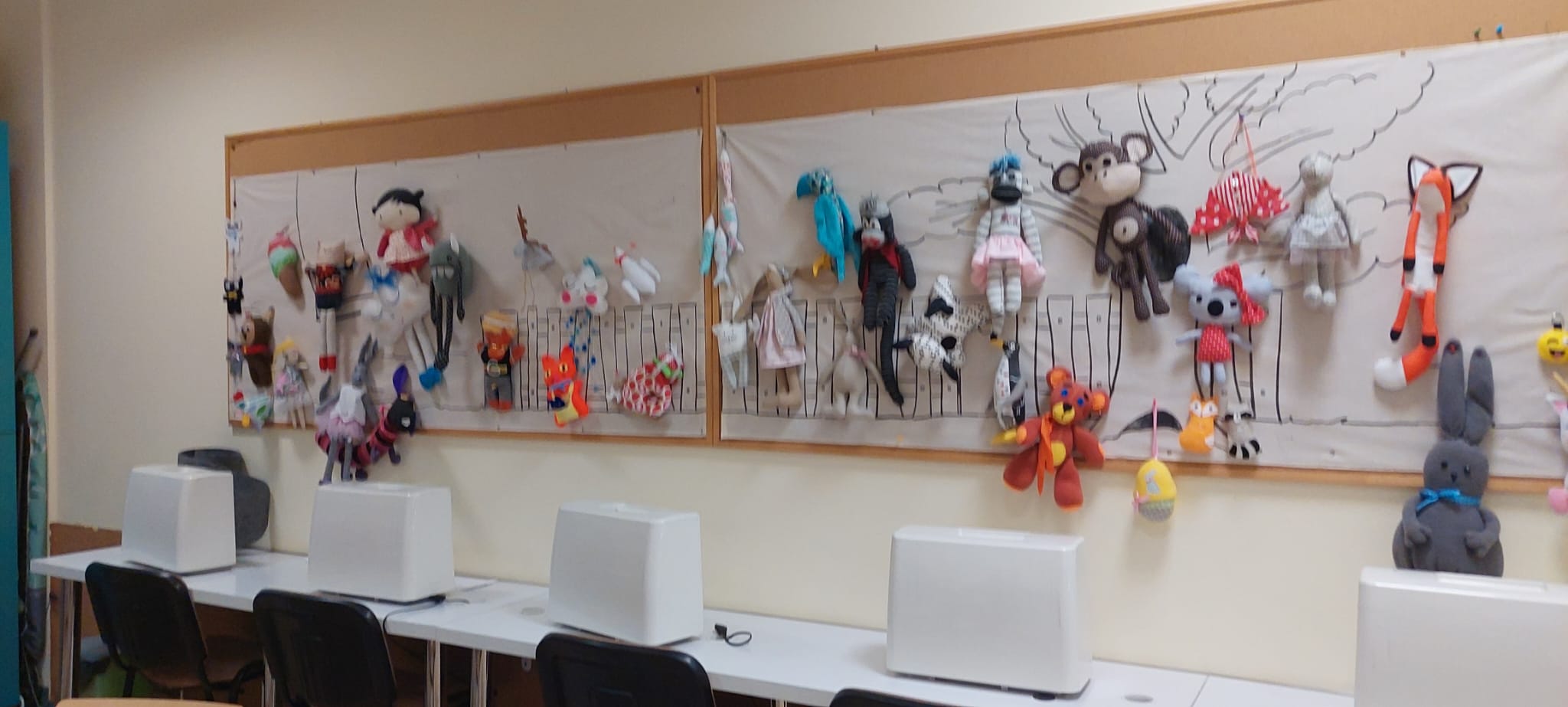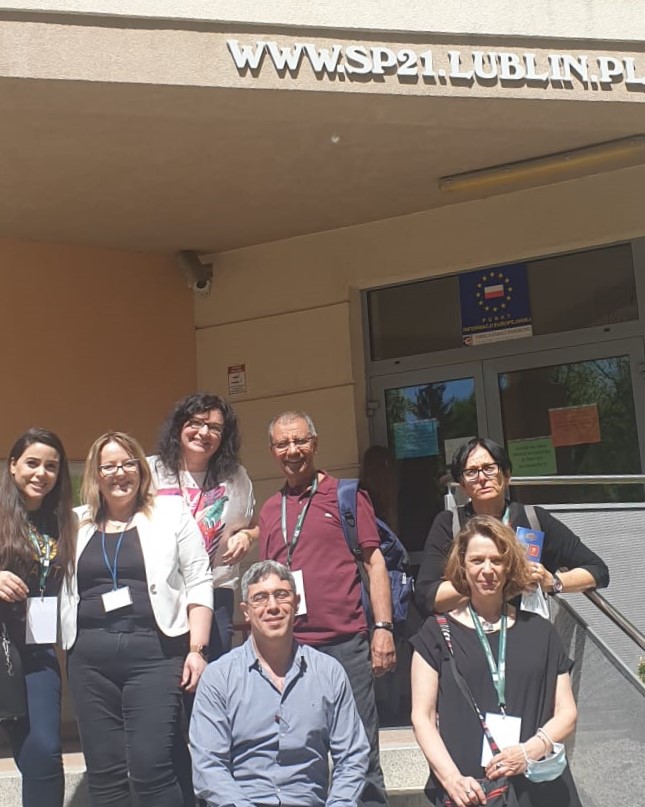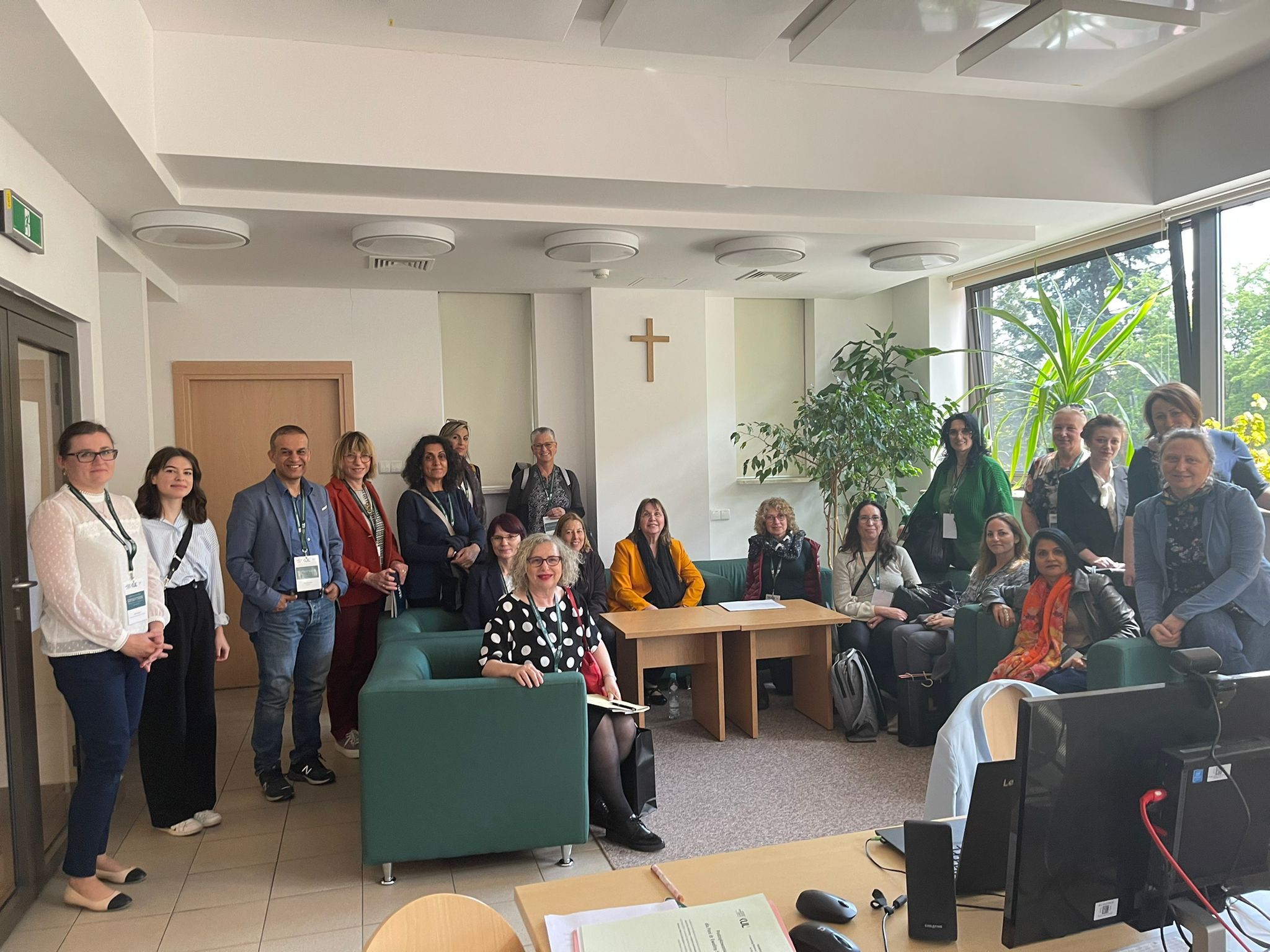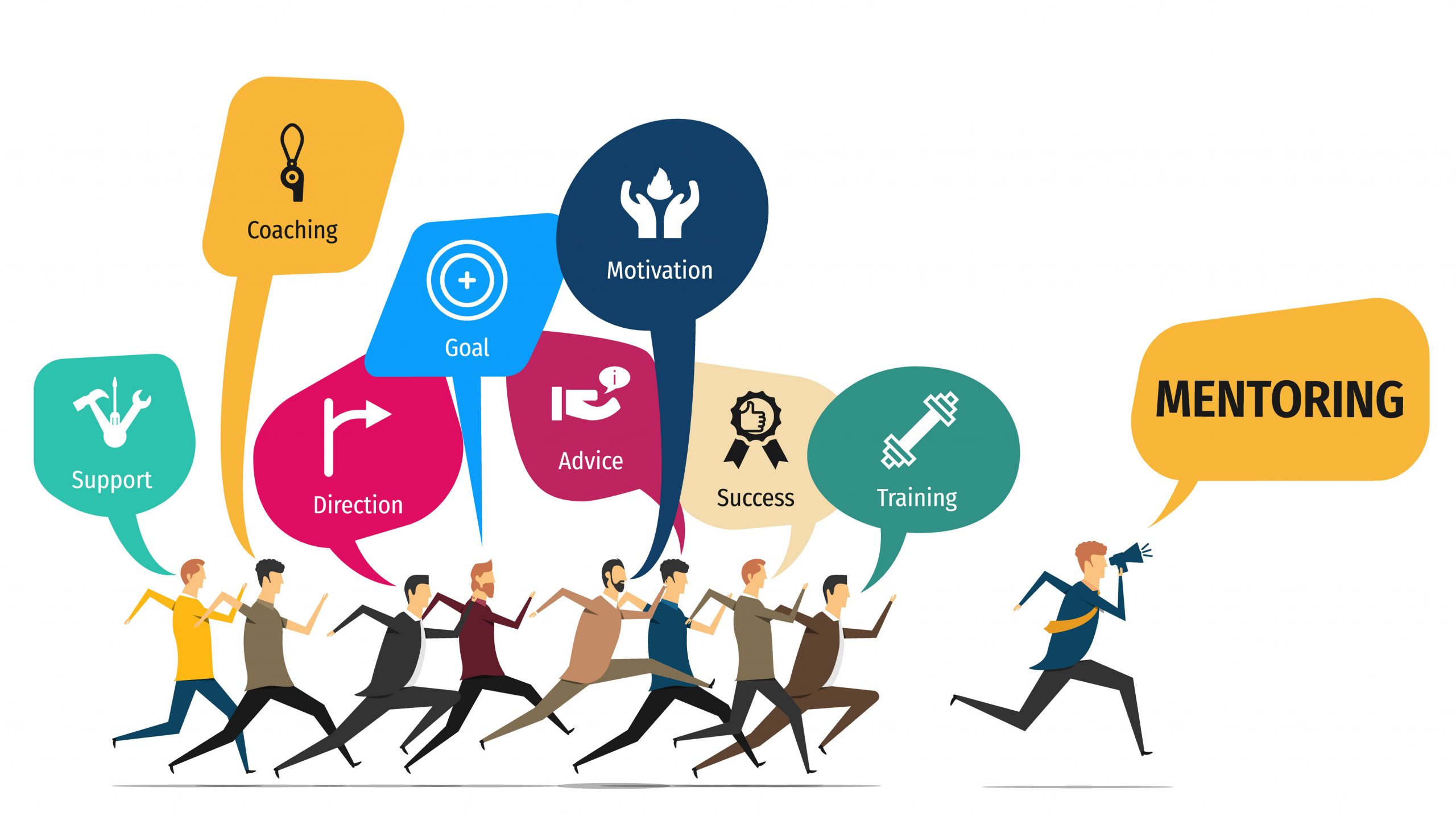By Huwaida Alatawna-Alhuashla, Kaye Academic College of Education
Edited by Tslil Farchi & reviewed by Marsha Hachmon
I’d like to begin with introducing myself
I am an educator in training, a teacher and an educational counselor. Also, I’m an expert of ethical education and social-community education. Moreover, my expertise includes the leisure culture and working with at-risk youth. Apart from this, I work as a parent and family facilitator. As you can see, over the years I’ve held many positions in the field of education and facilitation. To be precise, it’s been 20 years of working in formal and informal education. 20 years of working in the Bedouin society’s education system in the Negev.
Today I am a doctoral student in education at Ben-Gurion University of the Negev. Over the past six years I’ve been integrated into the world of academia and started working at Kaye College. My main position in the college is a lecturer, alongside various other roles. Working at Kaye College brought me a lot of knowledge and experience from the field. It also brought me a lot of motivation and curiosity to integrate into academia.
In short, I’ve joined Kaye College in order to contribute to the rich and wide world of academic concepts. And in order to be a part in a college, which contributes to the community-cultural context of the education system in the Negev.
Promentors and I
I’m glad and proud to share with you my personal and professional experience in the international project, Promentors. This project is implemented in incubators (MIT – Multi-Players Induction Team) in the Bedouin towns: Laqiya and Kuseife. In the MIT incubators community, there are many partners: interns, new teachers, mentors, coaches, academics. They are accompanied by different representatives. Some are from the Ministry of Education, the local municipality’s education department, the schools and the community itself. Altogether, I manage the MITS in Laqiya and Kuseife. Meaning, I lead them along with teaching internship courses for interns, new teachers and mentors. In fact, I teach these courses according to the Promentors’ models.
This community works together for a common goal. And that is, creating optimal conditions for initiation processes and optimal absorption of beginning teachers. Likewise, in the Promentors MITs in Laqiya and Kuseife we’ve put emphasis on processes of induction and entry into teaching. These processes take place in the context of schools and communities’ partnerships with Kaye’s academics and Ministry of Education staff.
The Umbrella
In my writing, I take inspiration from the passing winter season. I see Promentors as a large umbrella that creates an opening for more colorful umbrellas in different sizes and shapes. These umbrellas create a circular motion, which initiates in-depth processes to strengthen the status of the mentor-teacher and the mentee-teacher.
As part of the activity at the Promentors MITs, our team at Kaye holds meetings to serve the models we’ve learned, and were exposed to. This is in order to promote professional development and role identity structuring. Both of the mentoring teacher (the veteran teacher) and of the mentored teacher (the new teacher). This promotion is reflected in the testing of mentoring models. Models such as group mentoring (the Finnish PGM model) and autonomy-supporting mentoring promote a mentoring relationship based on reciprocity, partnership and equity. They also promote support and satisfaction of the psychological needs (belonging, self-efficacy, autonomy) of both the mentor and the mentee.
My development
I feel that this entire process contributes to my professional development as an advisor. And that’s a result of exposure to new models and working with fellow advisors, such as the mentors’ advisor Dr. Khaled, who co-moderates our groups with the project’s manager, Prof. Chaya Kaplan, alongside the coordinator of the mentors’ program, Vardit Israel, and the advisors team.
For me, the mentoring experience is empowering. It grants me tools, knowledge and experience. My connection to all this amazing activity stems from a belief, that has been ingrained in me for years. According to it, the path to achievement and success is based on promoting autonomous motivation for mentoring and teaching. That while applying parallel processes among students, and in the education system as a whole.
During my work in the MIT incubators, I realize a couple of things. One of them is the optimal absorption of beginning teachers as an essential part of a school culture. After all, the eco-clinical perception of a particular place and its uniqueness is influenced by interactions between different figures in the school. The interactions between these characters, including faculty advisors, will ultimately lead to improved student success, and increased value and quality of instruction.
Creating a dialogue
The last thing I want to talk about is translating the contents of our sessions into supportive dialogue. And I’d like to discuss it in the context of facilitation processes with the partners I mentioned above. Within this dialogue, it’s important to include encouraging initiatives by beginning teachers, mentoring teachers, and other school partners. Proper dialogue will greatly contribute to the school system and its members – both teachers and students. It enhances the absorption experience of teachers in the field. Those who will become the teachers of the future generation and lead to change.
I have an incredible picture in my mind of each and every meeting in the MITs. Each meeting in itself is a great production. From the initial planning to the meeting itself, many processes take place that include careful planning and implementation. And then eventually, an exciting meeting takes place. Where everyone sits together around a table and makes their voices heard. They engage in an educating and enriching dialogue, with the goal of advancing themselves and the needs of the system.
In conclusion
I see myself with a flexible large umbrella, blending in with dancing to the sounds of the rain. I experience my role at Promentors with all of my colleagues in the MITs and in the colleges. Which are the other umbrellas. We have created something whole, which also contributes to my professional development. I feel that my career continues to develop and intensify even further. My integration into the project gives me a sense of belonging, ability and autonomy in my mentoring space. I got a lot of satisfaction out of it. Since I can influence and contribute to the education system from another perspective as well. And this perspective is the academia, which gives me a different internal and external perspective on education and teaching.
